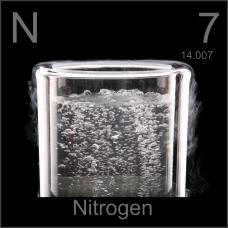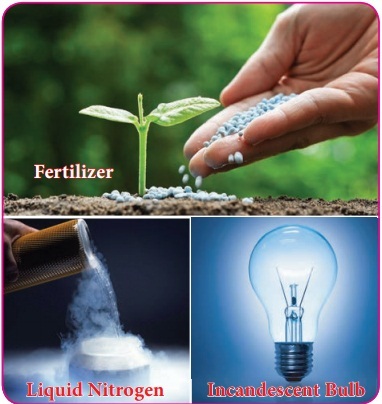
Nitrogen is an essential element for life on Earth. It is the most abundant element in the atmosphere, making up 78% of Earth’s air. Nitrogen is an essential nutrient for all living organisms, as it is a key component of proteins, DNA, and other molecules. Plants and animals need nitrogen to grow and develop. Nitrogen is also important for many industrial processes, such as the production of fertilizers and explosives.
There are several types of plants that are able to fix nitrogen from the atmosphere and use it to produce proteins and other molecules. These plants, known as nitrogen-fixing plants, include legumes, such as peas, beans, and clover, as well as alder and willow trees. Nitrogen-fixing plants use a special type of bacteria, known as rhizobia, which live in their root nodules and convert nitrogen from the air into nitrates that can be used by the plants.The nitrogen thunder reaction is a reaction that occurs when nitrogen and oxygen molecules in the atmosphere are struck by lightning. This reaction produces nitrogen oxide (NO) and nitrogen dioxide (NO2), which are both pollutants. These pollutants can contribute to air pollution, smog, and acid rain.
Uses of nitrogen

- In fertilizers: Nitrogen is essential for the growth of plants, and is therefore a key component in fertilizers.
- In chemical production: Nitrogen is used in the production of a wide range of chemicals, including ammonia, nitric acid, and nitrates.
- As a preservative: Nitrogen can be used to preserve food, as it prevents spoilage and the growth of bacteria.
- In food: packaging: Nitrogen gas is used in food packaging, as it helps to keep food fresher for longer.
- In fuel: Nitrogen is used to create liquid and solid fuels, such as liquid nitrogen and solid fuel pellets.
- In medicine: Nitrogen is used in some medical treatments, such as cryosurgery, where liquid nitrogen is used to freeze and destroy abnormal tissues.
